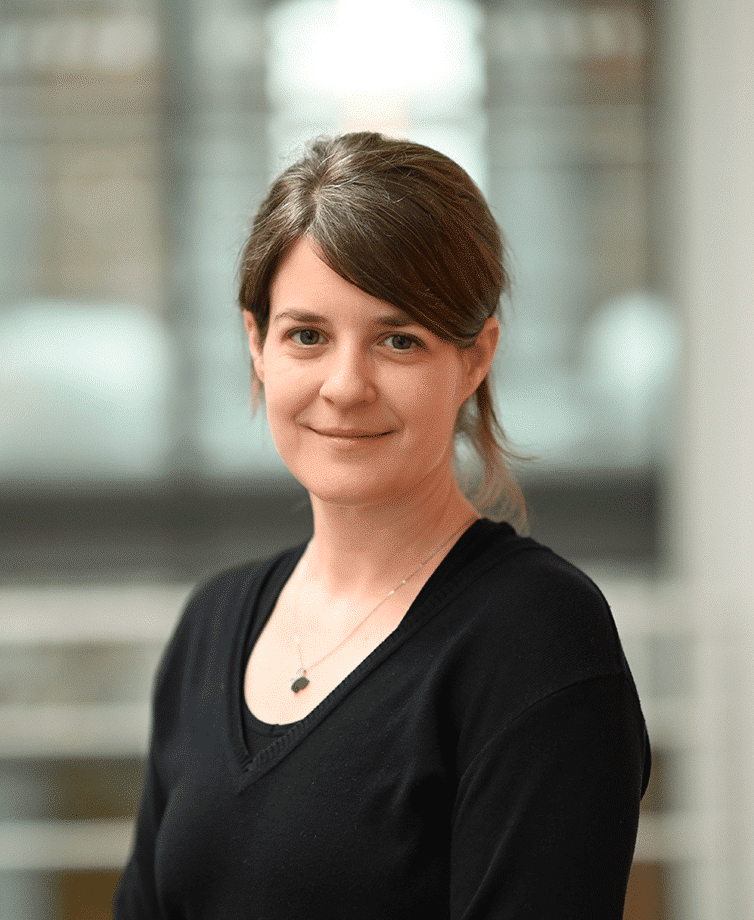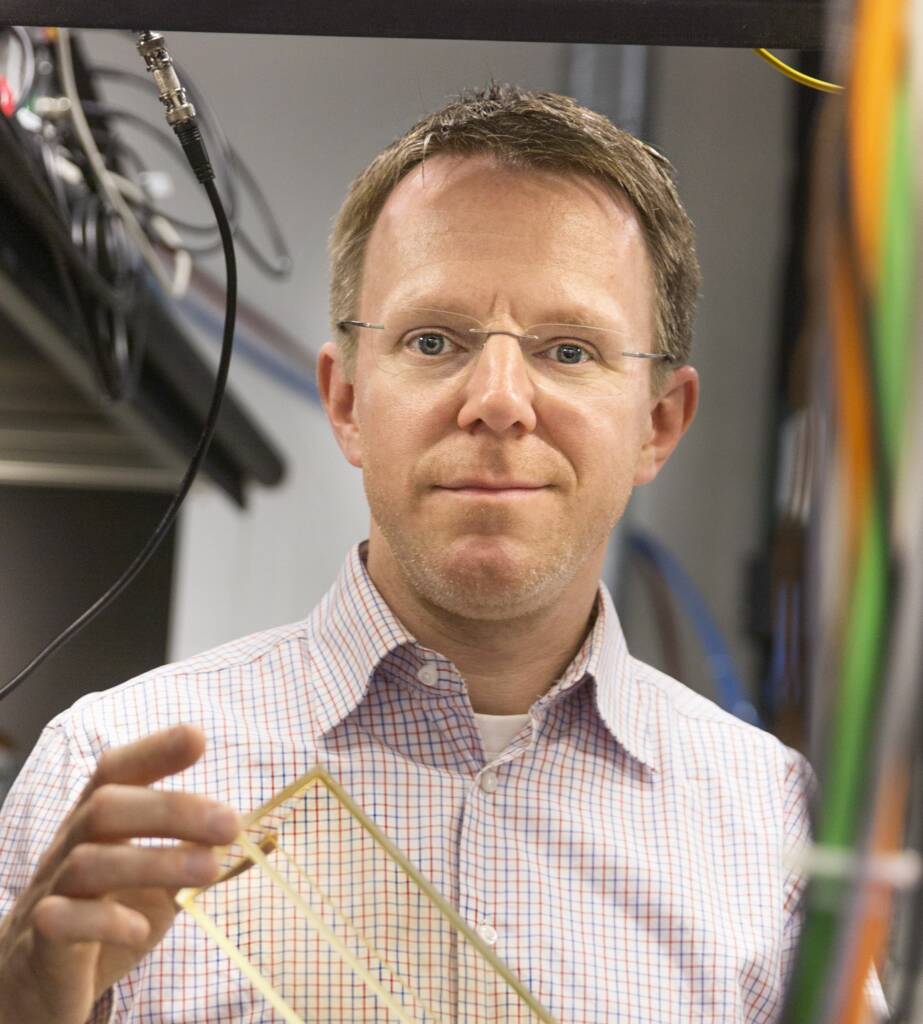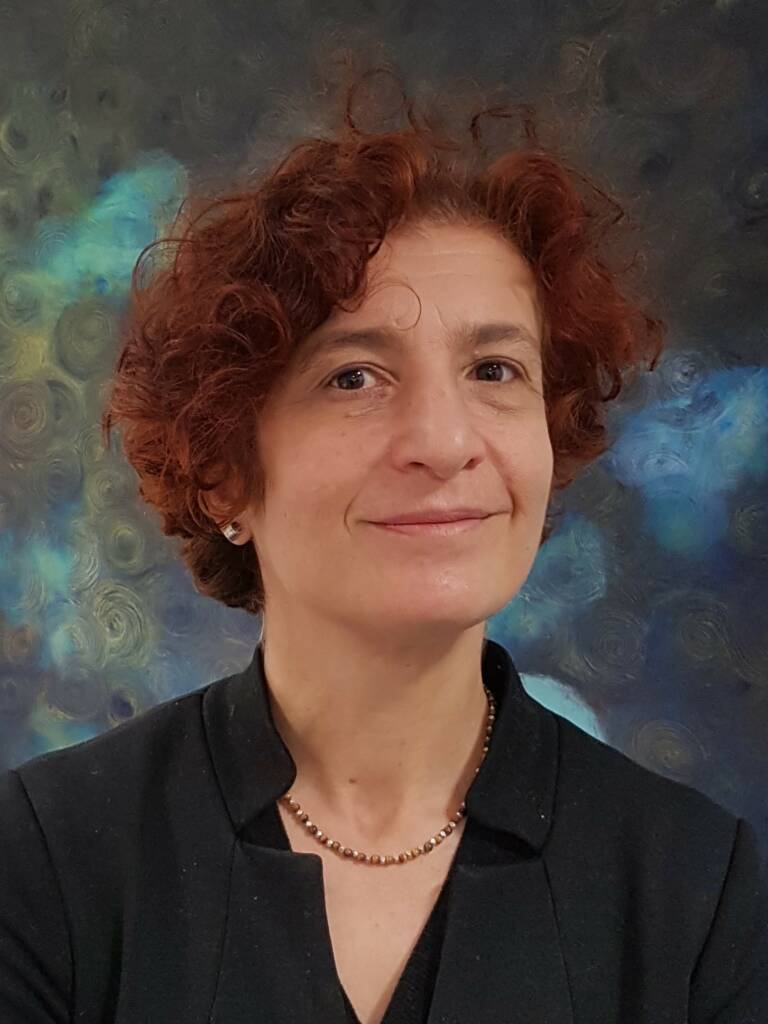Monika Aidelsburger
Floquet topological phases with ultracold atoms under the microscope


Date & heure
22/05/2024 – 11am
Lieu
Amphi Budé – Collège de France – 11 Place Marcelin Berthelot – 75005
Accueil
A coffee will be offered starting at 10:45 am, the seminar will start at 11am
Topological phases of matter can be generated in cold-atom systems using periodic driving, also known as Floquet engineering. While conventional topological insulators exhibit exotic gapless edge or surface states, as a result of nontrivial bulk topological properties. In periodically-driven systems the bulk-boundary correspondence is fundamentally modified and knowledge about conventional bulk topological invariants is insufficient. While ultracold atoms provide excellent settings for clean realizations of Floquet protocols, the observation of real-space edge modes has so far remained elusive. Here, I report on recent results, where we have demonstrated an experimental protocol for realizing chiral edge modes in optical lattices, by creating a topological interface in the form of a potential step using a programmable optical potential. We efficiently prepared particles in chiral edge modes in three distinct Floquet topological regimes that are realized in a periodically-driven honeycomb lattice. Moreover, the properties of the edge mode can be modified by controlling the height and sharpness of the potential step. In addition, I will present preliminary results on the interplay between disorder and topology and show how quantum gas microscopy can be used to measure observables that go beyond the detection of on-site occupations, such as local currents which is indispensable for detecting complex topological many-body states with equilibrium currents, such as strongly-interacting Meissner-like phases in optical ladders with artificial magnetic flux.
Daniele Sanvitto
Istituto di Nanotecnologia –CNR Nanotec, Lecce & Roma, Italy
Collective phenomena in non-equilibirum quantum fluids
DigiQ Paris Summer School 2026
29 juin – 2 juillet
Giovanna Morigi
Theoretical Physics, Saarland University, 66123 Saarbruecken, Germany
Searching a quantum database with noise




